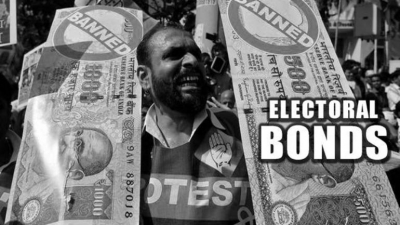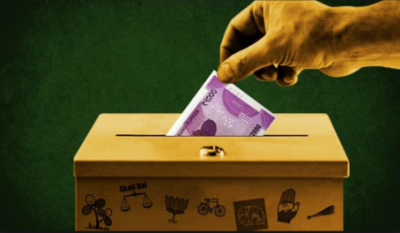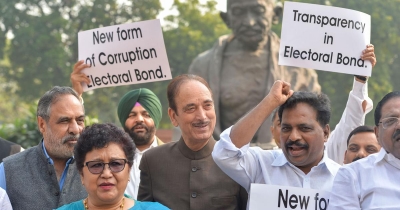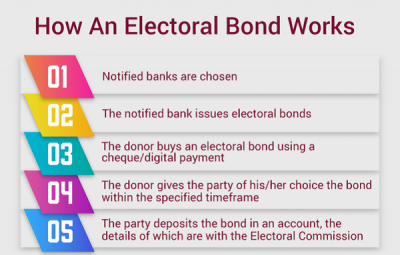
As per the HuffPost India articles, the government ignored the objections raised by the RBI and the EC. Only when the EC’s reservations became public knowledge due to an affidavit it field in the Supreme Court in March 2019 did finance minister raised by the EC even before the scheme was passed in the Lok Sabha.
(In 2017, the then RBI Governor wrote to the then Finance Minister that “allowing any entity other than the central bank to issue bearer bonds, which are currency-like instruments, is fraught with considerable risk and unprecedented even with conditions applicable to electoral bonds.” The RBI wanted to be the organisation issuing the bonds. In addition, it wanted the bonds to be digital rather than physical.
The EC wanted that electoral bonds would allow illegal foreign funds to be routed to political parties. Objections by the two independent, constitutional institutions that were consulted on this matter were overruled and the scheme was passed in the Lok Sabha in 2017.)
According to the HuffPost article, the Prime Minister’s Office asked for the rules governing electoral bonds to be bent before the five state Assembly elections in 2018. Electoral bonds were issued outside the stipulated 10-day window that year.
The report states that the PMO forced the banks to accept expired electoral bonds during the special window kept open prior to the elections.
Other sticking points:
Bonds are traceable
While the electoral bonds do not have the name of the donor or the receiving political party, the bond issuing authority, the State Bank of India, says all KYC norms applicable to general bonds will be applicable too electoral bonds too. Besides, it can ask for additional information if needed. The rules allow the information to be given over to investigation agencies or courts if necessary. In turn, the government can easily discover who is buying and donating them. This means there is a possibility of the donor’s anonymity being compromised.
The news website Quint reported that the bonds, the physical papers, carried a secret alphanumeric code visible under ultraviolet light. The Huffing ton Post reports say the State Bank does indeed track who bought the bonds and which party redeems them.
Only encourages black money
Anonymity conferred on the donors would make electoral bonds a convenient channel for black money, say experts. Though the SBI knows the details of the bank accounts from which the electoral bonds are purchased, it is not responsible for looking into the sources of funds of the donor.
Corporate funding
The earlier 7.5% ceiling on political donation by companies has been removed (by amending the Companies Bill 2013). This allows for unlimited donations. Big companies can influence the parties with their huge funding.
Picture Credit : Google



